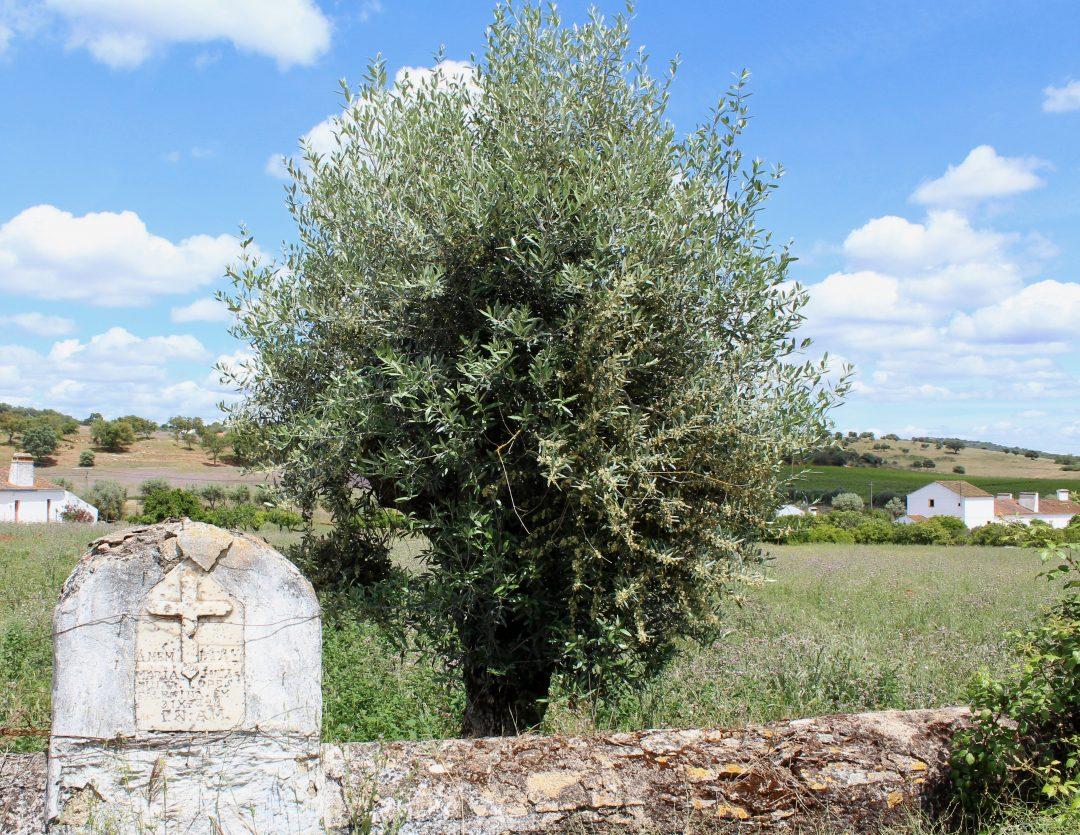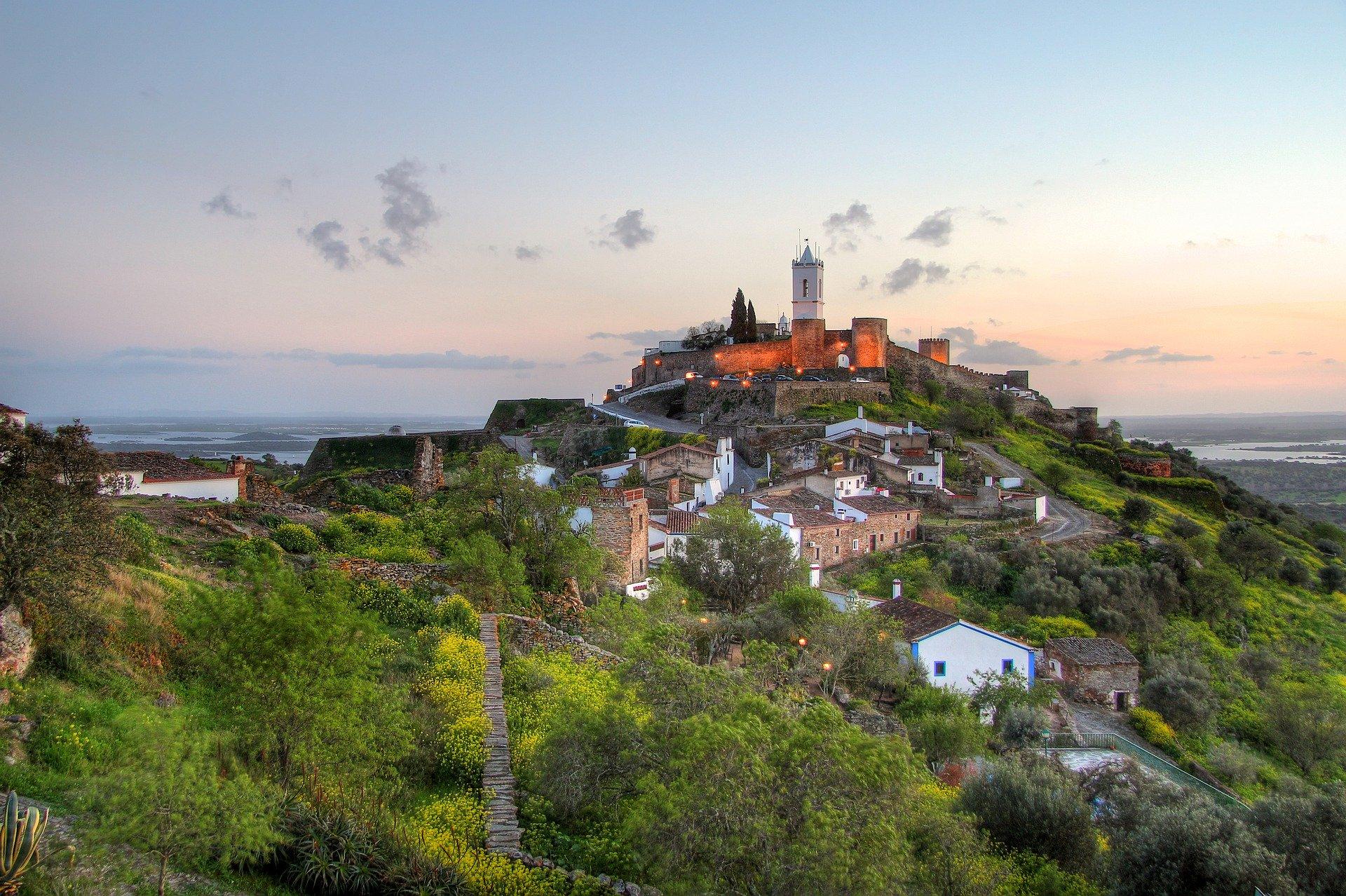
6 minute read
Portugal, I Love You
Maureen Ferguson, founder, GRAPE OLIVE PIG Food, Wine & Design Tours in Lisbon & Alentejo
The Portuguese people will steal your heart – but they won’t do it with a grand gesture or a sweeping statement. These warm, curious and sweetly shy people reveal their depth, their soulfulness, the very thing that makes them so special, layer by layer.
Advertisement
The first time I visited Portugal, it was as a tourist, and I was smitten. Its art and architecture, food and wine, its history and culture, the beaches, the sunshine – thousands of books, magazine articles and blog posts have been written that sing its praises. They are not wrong. These things abound here. But what makes Portugal unique from any other place I know is impossible to capture on paper.
Let me try.
Now that I live here, I’ve made friends, I have family (my husband is Portuguese) and I (finally) have the places in my neighborhood that I depend upon – my pharmacy, my tasca, my cafe and my pastelaria. As such, I’ve been able to observe and interact with people here on a deeper level. As an American, these are some of the things that I adore.
Portuguese faces. They say that eyes are the window to the soul. I’m not sure where this saying came from, but it must have been written about the Portuguese. I find the people here to have a gentleness, a sweet shyness at first glance – but their eyes tell a different story. Their eyes carry within them centuries of sadness and longing, of love and loss, of warmth and connection. There is a whole world written across the Portuguese face and they are able to express a multitude of emotions with one look, one gesture.
Personal space. Maybe it comes from living in a small country, but the Portuguese notion of personal space is virtually nonexistent. On the street, in the store and certainly with friends and loved ones, there is a lot of touching. They walk close, they talk close, they want to make sure you understand whatever it is they are trying to say. I’ve seen Portuguese people approach a police officer to ask a question and hold the officer’s arm while they talk. Meu Deus. This would never happen in the States. I’ve totally embraced this way of life. I love the closeness and connectedness that I feel daily. Except in the car – I break out in a cold sweat when I
Pride of place. Sit around a table with Portuguese friends for long enough and eventually someone will say “you know, the Portuguese invented that / discovered that / are responsible for that…” And then even if they have to go back through the millennia, they will explain why, for example, British fish and chips, Jewish challah bread or Japanese tempura are of Portuguese origin. While they are quick to poke fun at themselves, they have a deep love, respect and knowledge of their history and heritage.
At the table. Which brings me to the Portuguese national sport, and no it’s not futebol. It’s food. These are people who have a passion for talking and a passion for eating and a passion for talking about eating. We spend hours talking about food – the best fish in Algarve, the porco preto from Alentejo, Serra da Estrela cheeses, wine from the Douro, the chestnuts from someone’s grandma’s village. It goes on and on. And in fact, this would be my single best piece of advice for expats who have recently moved to Portugal and are starting to make friends – ask anyone about their favorite foods or the best foods of any region. Even better – ask a group of people. Then sit back and enjoy – the magic is about to begin.
A love of language. The Portuguese are the best English speakers I’ve encountered outside of the United States (and even then…). They have an aptitude for language that I think is hardwired into them from their years as the greatest explorers in the world. They are delighted (and amused) by my shaky Portuguese and always encouraging. It can feel stressful as an expat to try to speak their language, cringing at every mistake. The Portuguese people never make me feel like an outsider, and in fact often reward me with a sweet use of their own language for example by calling me “menina.” It warms my soul – and reminds me daily how lucky I am to call this beautiful country home, and these beautiful people, friends.
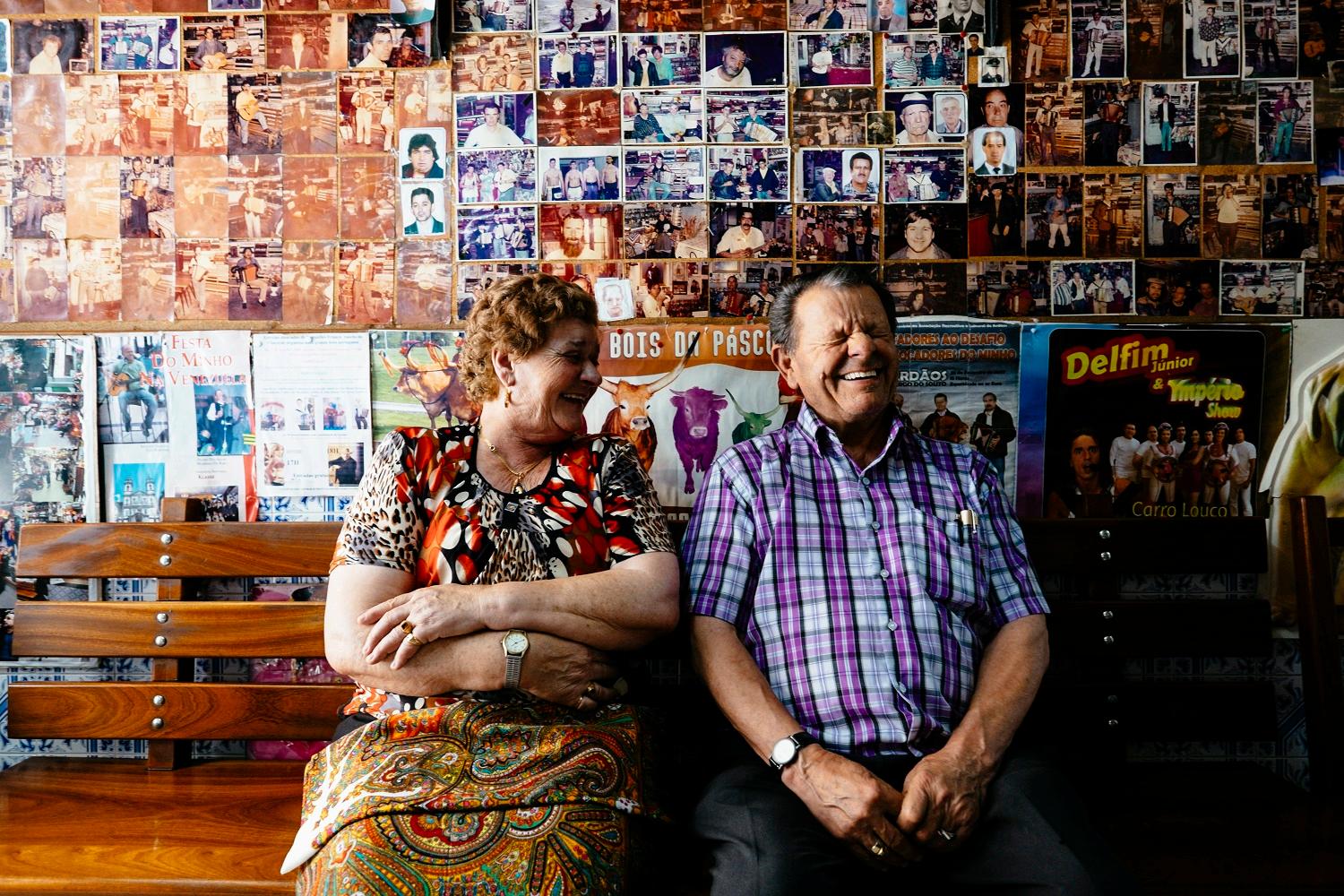
Photo credit: Emanuele Siracusa
Imagine off-the-beaten track adventures that explore the Alentejo region, celebrated worldwide for its cuisine, where things are still done the traditional way and the warmth of the people stays with you forever.
Maureen’s GRAPE OLIVE PIG offers one-day, once-in-a-lifetime experiences where you’ll meet local producers, taste local wines, tour farms and historic hill towns, see local craftspeople, and taste beloved desserts made from secret centuries-old recipes – eating and drinking your way through the rolling hills, olive trees and vineyards of the region.
Workshops and community dinners coming soon!
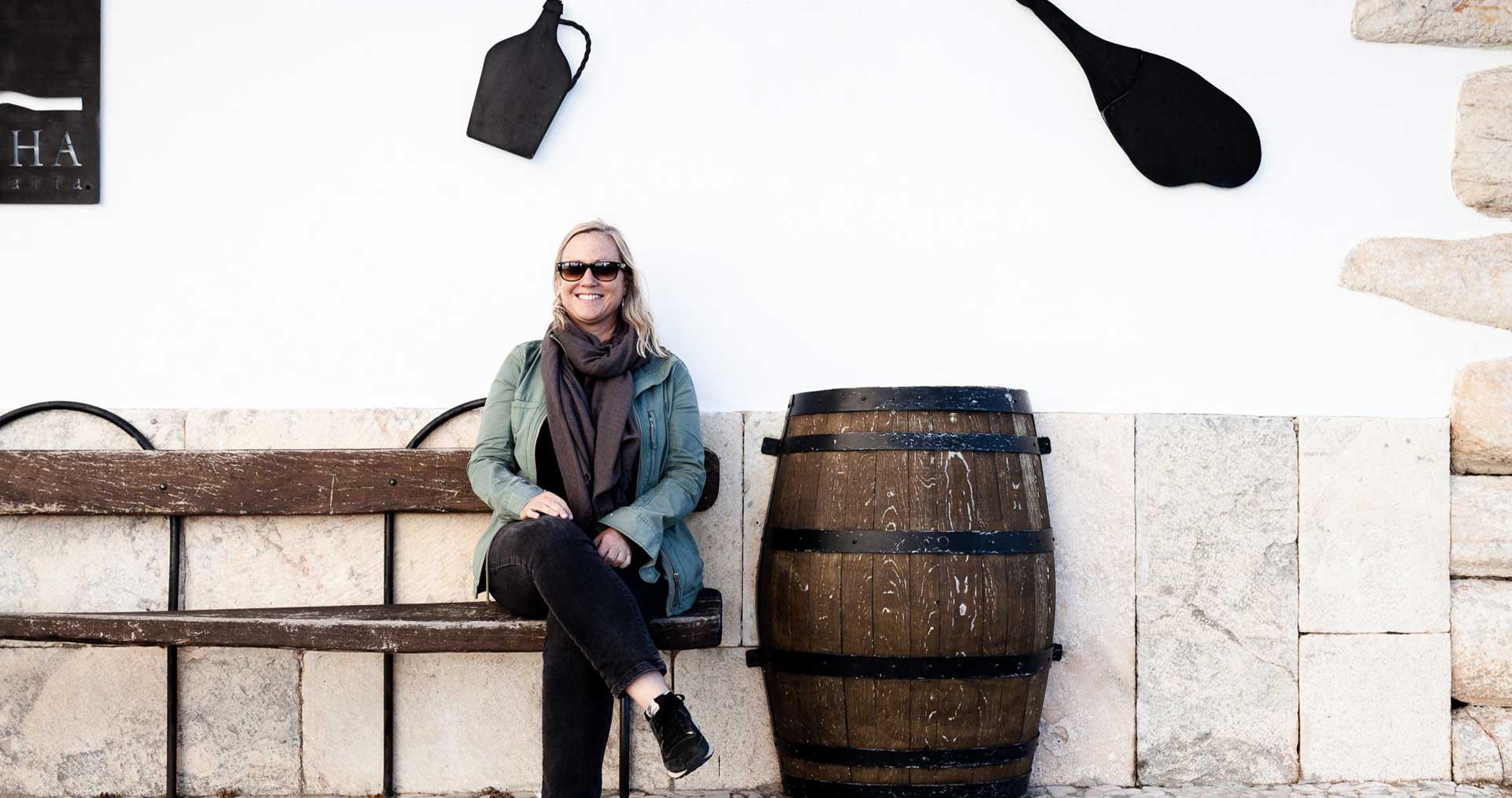
BOCHECAS // WINE BRAISED PORK CHEEKS from Maureen Ferguson’s bountiful Alentejo
An overlooked cut in the U.S., pork cheeks are lean and fall-apart tender. And they are used in so many different preparations. Easily found at our local butchers and shops in Portugal, pork cheeks are best seasoned and browned then slow cooked to release their delicious lush porkiness. Here, pork cheeks are braised in aromatics and wine until they fall apart at the touch. Delicious!
• 3⁄4 kilo pork cheeks (6-8) • sea salt/freshly ground pepper
• 1 t coriander seeds • 1 t dried marjoram • 1 t paprika • 1 t piri-piri paste • 1 T flour
• 1 T olive oil • 1 clove garlic, finely chopped • 2 large carrots, quartered, finely sliced • 2 turnips, peeled, diced • 2 large onions, diced • 1 T fresh rosemary, chopped • 1 T fresh thyme, chopped • 2 sage leaves, chopped
• 2 T balsamic vinegar • 2 T sherry vinegar
• 350 ml dry white wine • 800 g canned plum tomatoes
Serve with garlic mashed potatoes, veg of choice, local bread and a bottle of Alentejo vinho tinto.
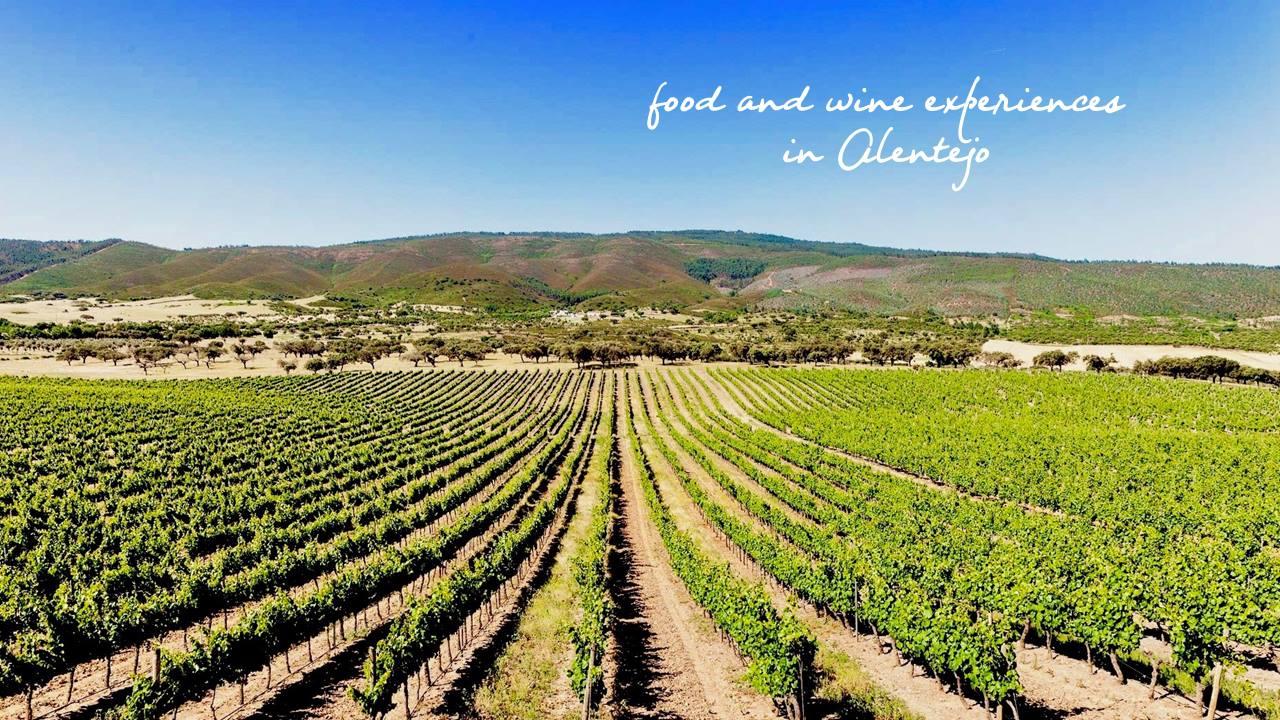
Grape Olive Pig Food and Wine Experiences
1. Season the pork with sea salt and freshly ground black pepper (if you have time, allow to season overnight).
2. Smash the coriander seeds and mix with the dried marjoram, paprika and piri-piri paste. Roll the cheeks in this mixture, pressing it in well. Dust the cheeks with flour.
3. Heat a thick-bottomed casserole pan, add the oil, brown the meat on all sides and then remove from the pan.
4. Add the garlic, carrot, turnip, onions, the chopped rosemary, thyme and sage and a pinch of salt and sweat them until softened.
5. Add the balsamic and sherry vinegars and allow them to reduce to a syrup.
6. Pour in the white wine and allow to simmer for 5 minutes or so. Add the canned tomatoes with their juice, roughly smashing them with a wooden spoon. Allow to simmer for another 5 minutes and return the cheeks to the pan.
7. Bring to a boil, put on the lid and simmer in the oven at 180C for 1.5-2 hours, then remove the lid and cook for another half an hour.
